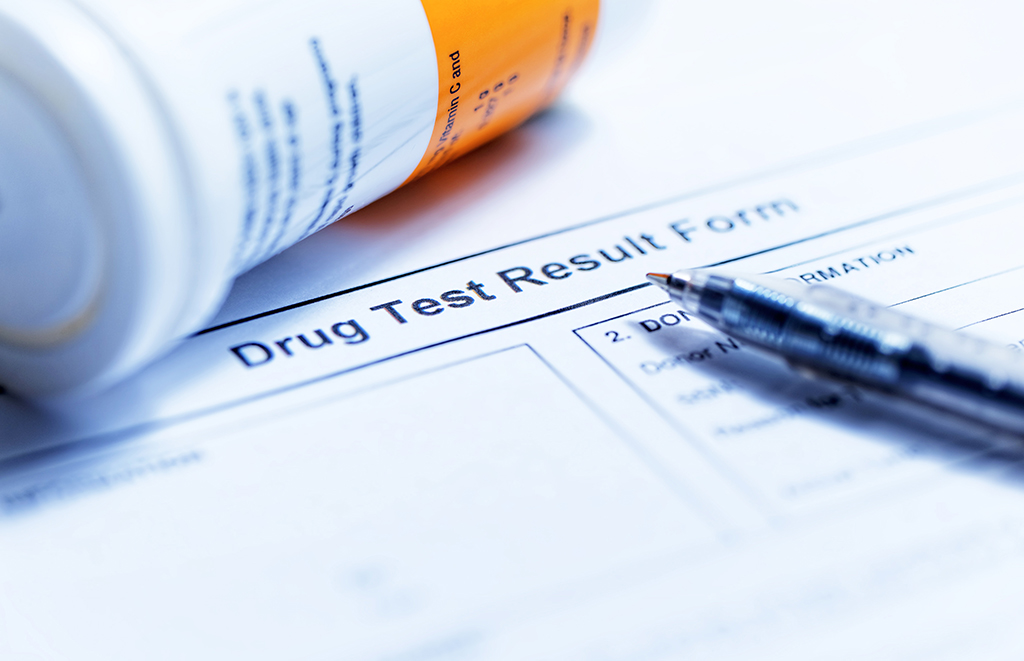
Reviewed By: Barbara Rexer, DSW, LCSW, LCADC, CCS, ICCS, DRCC
Xanax is a widely prescribed medication, mainly used for treating anxiety and panic disorders. Like all medications, it can remain in a person’s body for some time. If you are wondering how long Xanax stays in your system, here’s a look at what the medication does, how long it stays in the body, and how long drug tests can detect it.
What Is Xanax?
Xanax (alprazolam) is a medication that can relieve anxiety and panic disorder symptoms. It belongs to a class of drugs called benzodiazepines, a group that also includes Nayzilam (midazolam) and Klonopin (clonazepam). It depresses the central nervous system, producing a calming effect.
Overall, Xanax isn’t necessarily short-acting or long-acting. Although a long-acting, extended-release version is available, regular Xanax falls in the middle.
In most cases, it takes approximately one to two hours for a person to reach maximum concentration. Once this peak is reached, the body starts breaking down the medication and the concentration of Xanax slowly decreases.
Factors That Affect How Long Xanax Stays in Your System
On average, half a dose of Xanax leaves a person’s system in about 11.2 hours. When you hear the expression “half-life,” this is what that means. The half-life for Xanax is 11.2 hours. However, the process of fully eliminating the drug from your body can take significantly longer. Sometimes it takes several days. The timeline for ridding your system of Xanax can vary depending on a few factors.
First, people who take the extended-release version will usually have Xanax in their system for longer than those who take regular Xanax. By design, that version will remain in the body for a longer period of time.
Additionally, people with certain medical conditions may take longer to process Xanax. Anyone with a liver condition may have a harder time ridding their body of the medication than the general population, since the liver is where the body metabolizes Xanax. For those with alcoholic liver disease, the half-life increases to 19.7 hours.
Older adults typically experience a half-life of approximately 16.3 hours. Obese individuals also experience an extended half-life, coming it at 21.8 hours on average.
In contrast, people who take certain medications in conjunction with Xanax may rid their bodies of the medication more quickly than others. Carbamazepine, fosphenytoin, phenytoin, and topiramate can all speed the exit of Xanax from the body. St. John’s wort – a supplement – can also accelerate the timeline, as well as rifampin, an infection treatment.
Drug Tests That Detect Xanax
Several drug tests can detect Xanax. Saliva tests, which have a detection period of about 2.5 days, are usually effective for the shortest window. Blood tests can determine if a person has used Xanax for up to 4 to 5 days after taking the dose. Urine drug screenings have a similar detection window.
Hair drug tests can detect Xanax use dating back 3 months at a minimum. Some may even go back significantly further, potentially leading to a positive result 12 or more months after a person last took Xanax. However, these tests may be less accurate than urinalysis or saliva tests.
Have questions about addiction?
Call us at 855-430-9426 to speak with a recovery specialist.
Xanax Alternatives
A number of Xanax alternatives exist for people suffering from anxiety or panic disorders. The most obvious options are other benzodiazepines, each of which has its own unique set of benefits and drawbacks. There are more than a dozen medications in this drug class, so exploring the various options could lead to a suitable alternative.
For some people, selective serotonin reuptake inhibitors (SSRIs) can alleviate the symptoms of anxiety and panic disorders. These antidepressants can also provide an advantage to those with co-occurring depression, as it can potentially address symptoms related to that, as well.
If you have concerns about dependence, buspirone may be a wiser choice. It takes longer to work and may not be as effective, but the risk of physical dependence is lower. Some people even find over-the-counter antihistamines, like diphenhydramine (Benadryl), give them some symptom relief. Any decision you make should be in consultation with your doctor.
Getting Help for Co-Occurring Disorders
If you suffer from co-occurring substance abuse alongside depression or anxiety, it is important to get help from a medical professional. Inpatient treatment is ideal if detox and withdrawal symptoms are a concern, or if you want to make sure you are in a safe space as you work the initial stages of recovery. Intensive outpatient programs and other, more flexible outpatient options give you the structure of inpatient treatment with the benefit of staying home or at a sober living facility, which can help you more easily make the transition to life in recovery after treatment.
Cognitive behavioral therapy and group counseling (including 12 step programs and similar options) are also beneficial. Whichever treatment path you choose, it is important to remember that recovery is a process. Finding support through online meetings, group counseling sessions, and alumni events through your treatment program are great ways to continue your lifelong recovery journey.
Have questions about addiction?Chat with one of our recovery specialists now.

Written By: Sprout Editorial Team
The Sprout Health Group editorial team is passionate about addiction treatment, recovery and mental health issues. Every article is expert-reviewed.


